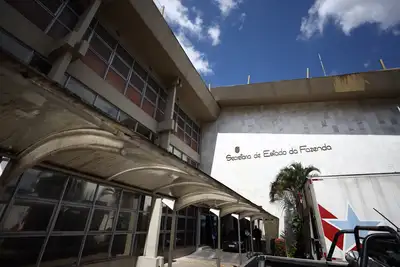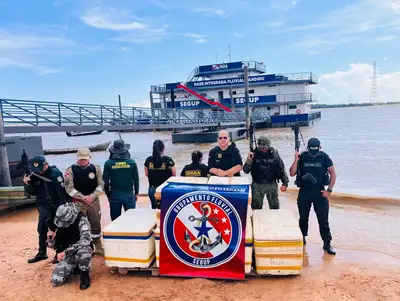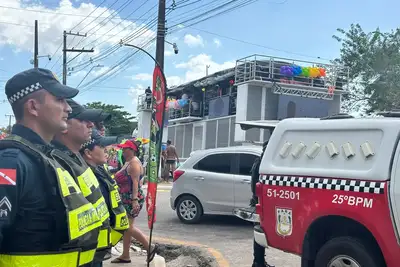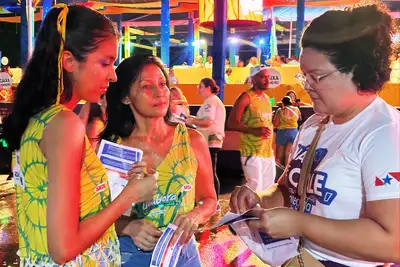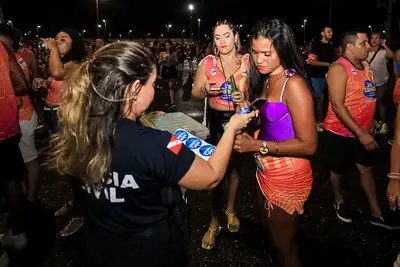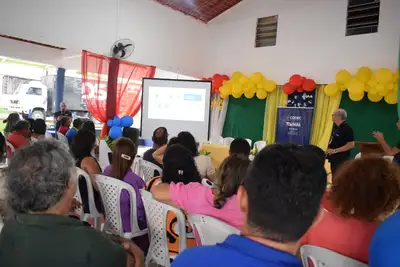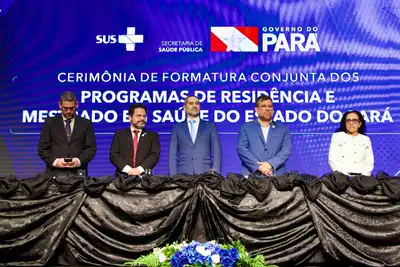Uepa promotes debates on health, environmental crimes, and Amazonian resistance at COP30
The University held three panels at the Pará Pavilion in the Green Zone, highlighting the role of science and traditional knowledge in addressing climate change.
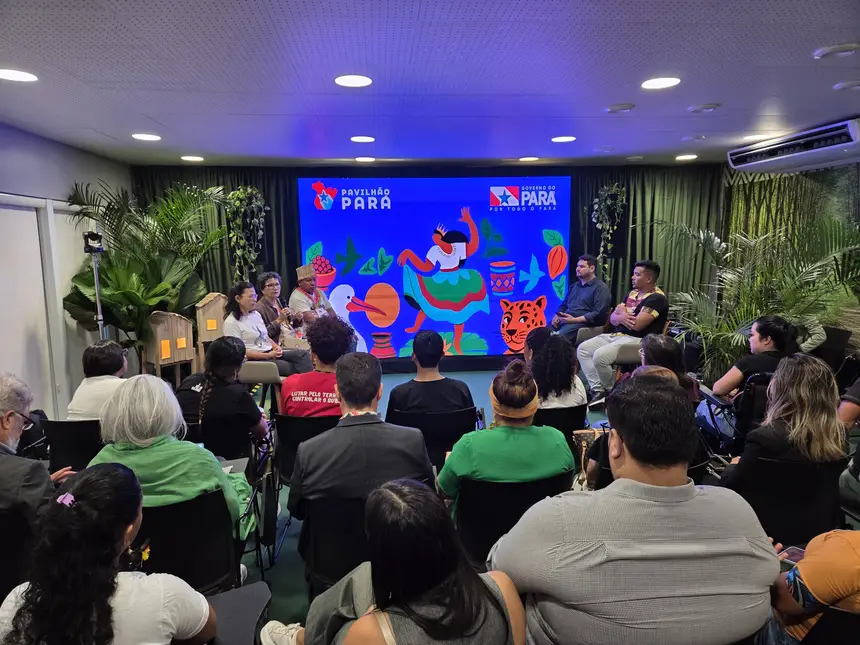
On this Thursday (13), the State University of Pará (Uepa) held a series of panels at the Pará Pavilion, located in the Green Zone of COP30, reinforcing the role of science and traditional knowledge in building integrated solutions to the climate and social challenges of the Amazon.
The program began in the morning with the panel "Health Surveillance and Climate Emergency: An Intersectoral Dialogue," coordinated by Altem Pontes. The activity highlighted the socio-environmental impacts affecting the health of Amazonian populations and advocated for a new development model based on health surveillance and policies to confront the climate crisis. Experts and indigenous leaders participated in the dialogue, which proposed collective pathways for building sustainable solutions.
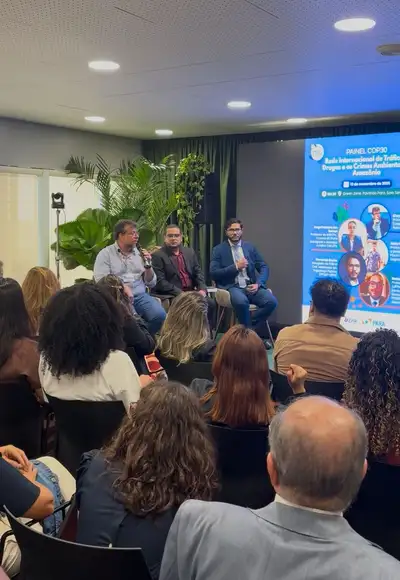
"It is a panel composed of doctors, nurses, and indigenous representation, super interesting, with valuable information in light of the climate emergency. The indigenous representation was here and presented the problems occurring in their villages, the issues affecting the Parauapebas region, and what can be done, how the community can contribute to mitigate these climate problems," explained Professor Altem.
In the afternoon, Uepa's rector, Clay Chagas, coordinated the panel "International Drug Trafficking Network and Environmental Crimes in the Amazon." He emphasized that this "is a discussion of ours, from our research network, and our discussion today is to debate how criminal factions and international trafficking are directly linked to environmental crimes in the Amazon, especially in the state of Pará."
The debate highlighted the importance of joint actions between science, security, and public policies to contain the impacts of these criminal practices on the environment and local communities.
Closing the day, Professor João Mota Neto coordinated the panel "Knowledge and Resistance: The Fight for Clean Water and Territories in the Deep Amazon," which promoted dialogue between scientific and traditional knowledge of indigenous and quilombola peoples.
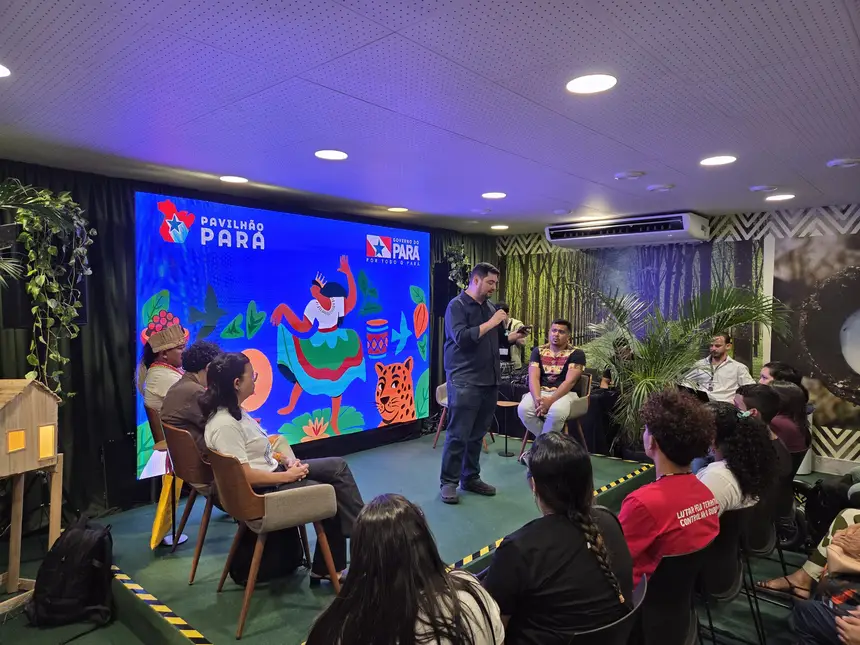
"We are very happy with this panel. We had the participation of professors from Uepa, Unitins, and Uema, in addition to quilombola and indigenous representatives, and together we promoted an inter-scientific and intercultural dialogue, seeking alternatives for climate change and influencing COP30 with the agenda of social movements in the Amazon. One of the consensuses of our table is that dialogue is the fundamental piece in the search for sustainable solutions to the problems we face," pointed out the panel coordinator, João Colares.
The discussion emphasized the role of culture and education focused on sustainability and climate justice, valuing the protagonism of Amazonian communities in the fight for rights and environmental preservation.

Maria Clara Silva, a student, highlighted that participating in the panels promoted by Uepa "was a very rich experience to follow these discussions and see Uepa actively participating in COP30. Universities have a fundamental role in spaces like this because they bring scientific knowledge and dialogue with local knowledge, showing that research done in the Amazon is essential for thinking about real solutions for the climate and for the people who live here," emphasized Maria Clara.
With participation in different thematic fronts, Uepa reaffirms its commitment to the production of scientific knowledge and the strengthening of public policies aimed at the sustainable development of the Amazon.


